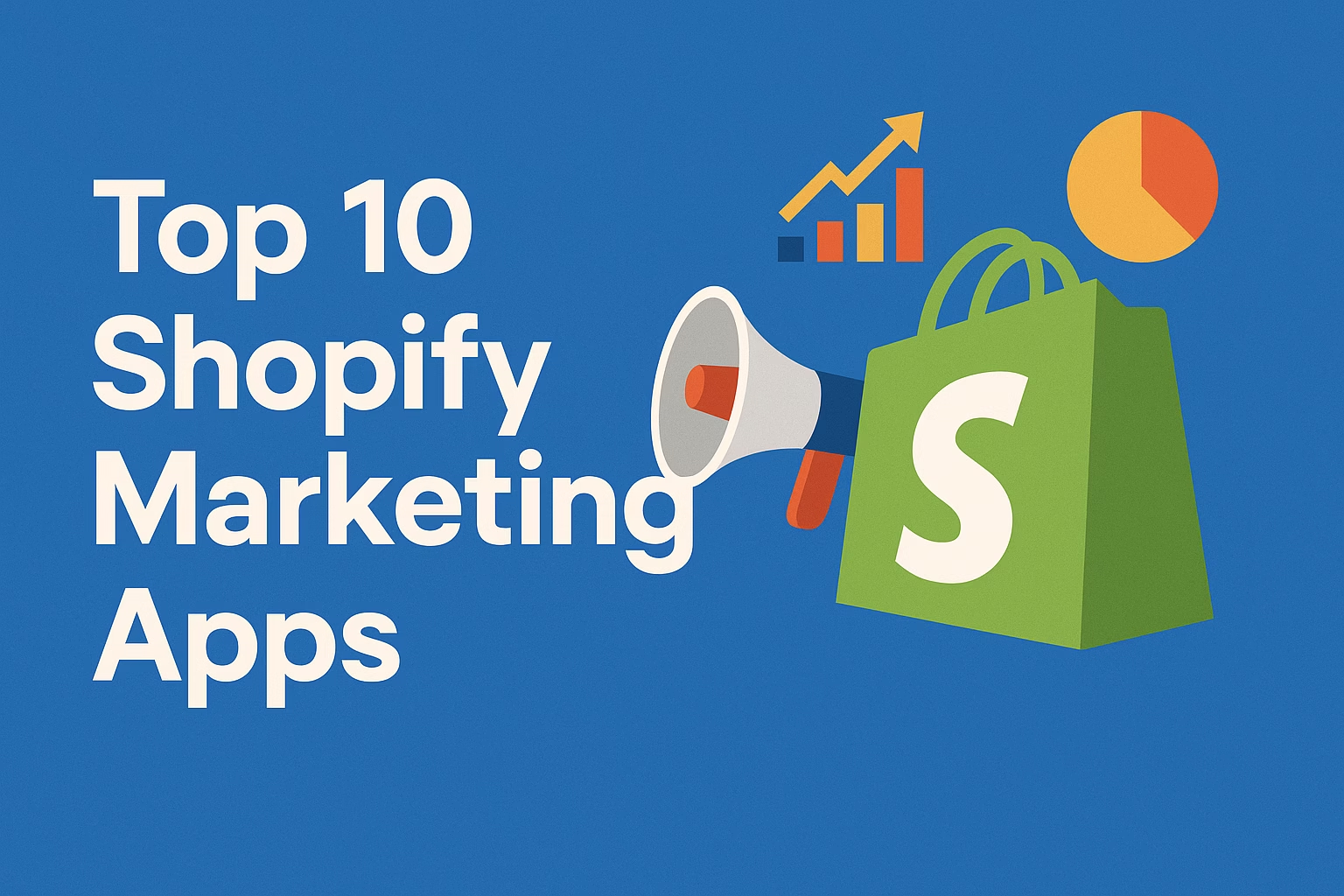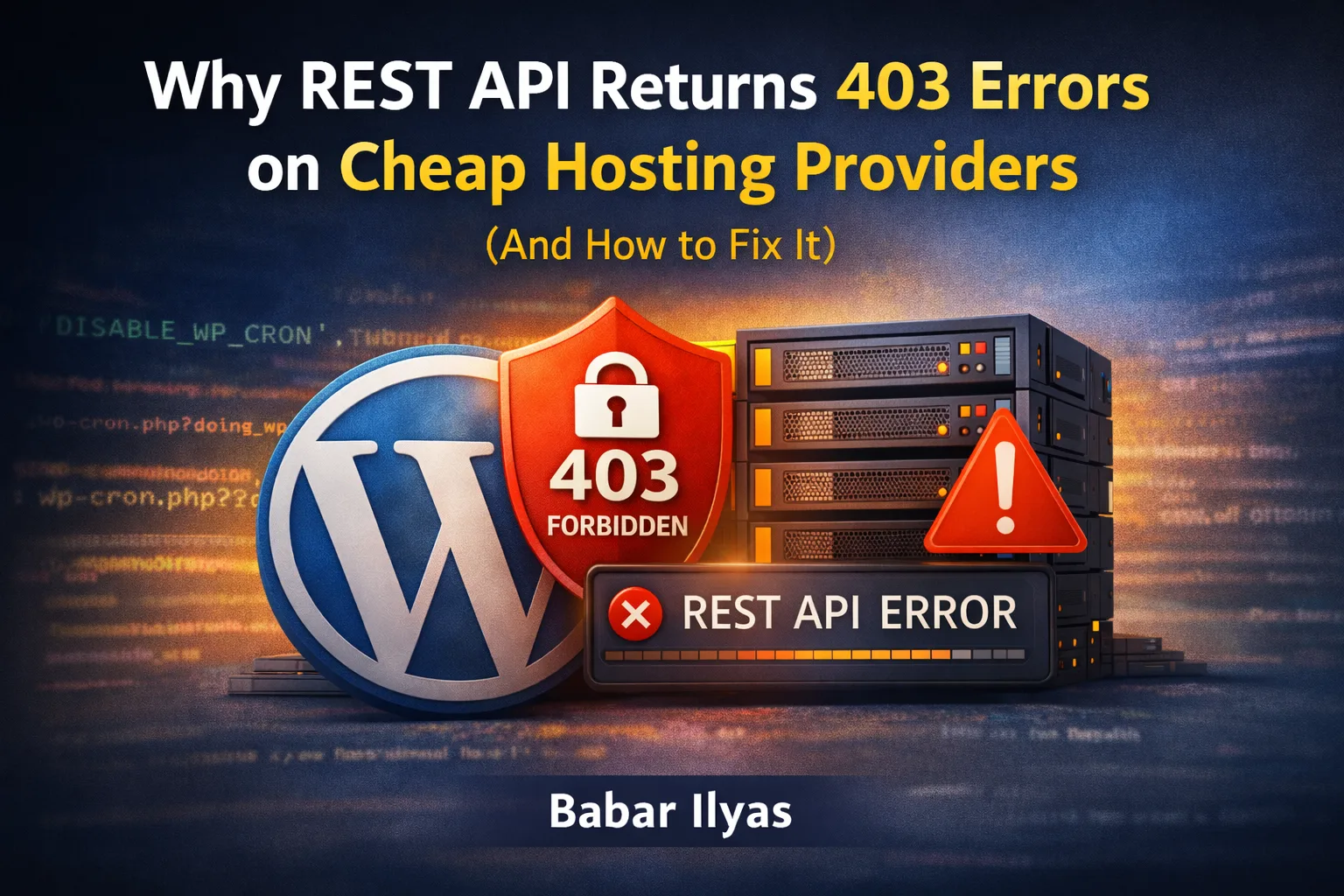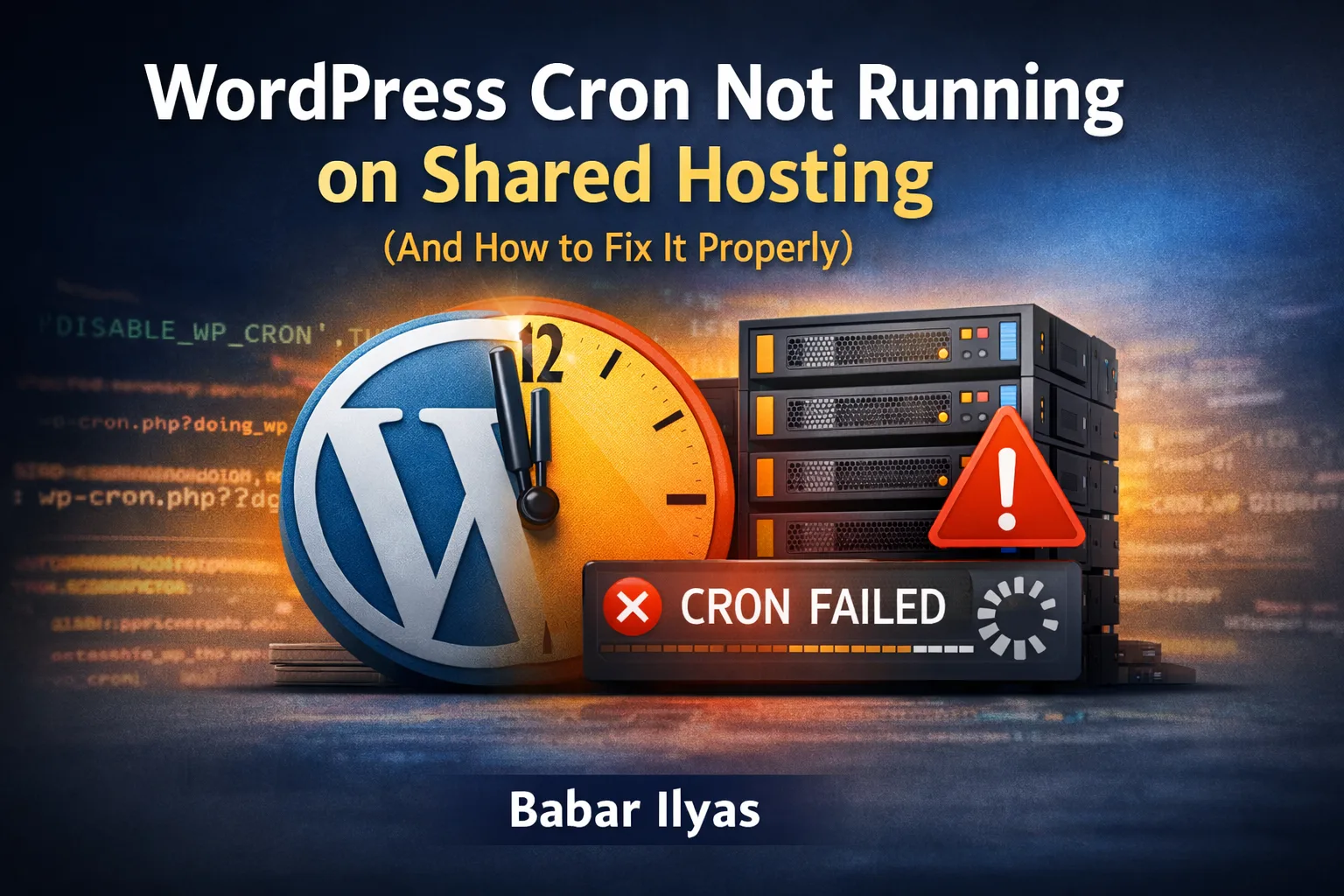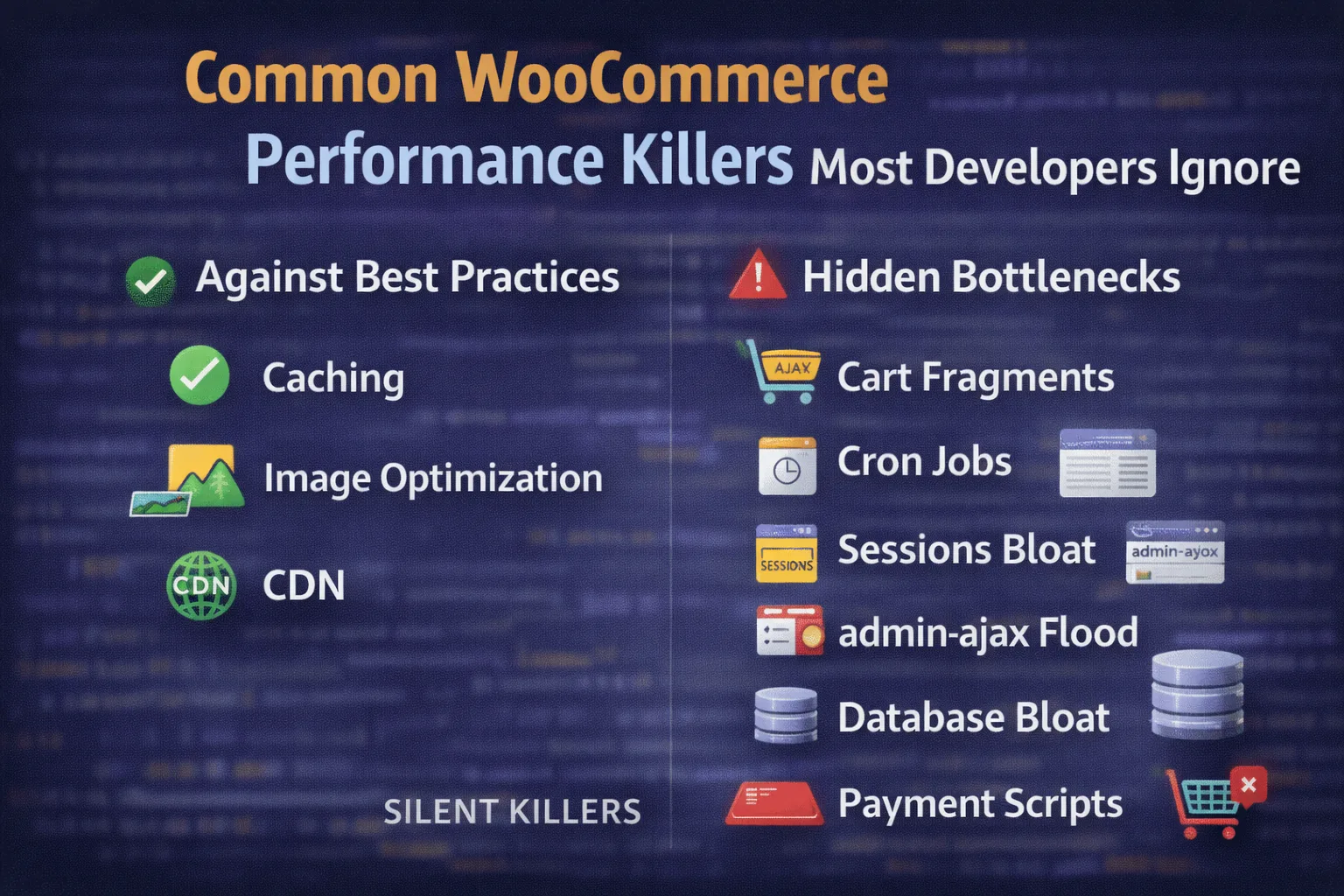The best marketing app for Shopify depends on your store size and goals. Klaviyo is top-rated for email and SMS automation, while Vitals is great for all-in-one conversion tools. For beginners, Privy offers easy email capture and popups.
Running a Shopify store in 2025? Your success depends on more than just great products — it’s about automation, traffic, conversions, and scale. With hundreds of marketing apps on the Shopify App Store, it’s overwhelming to choose the right ones. That’s why we’ve curated a list of the top 10 Shopify marketing apps you need to install today to boost visibility, drive engagement, and explode your sales.
Whether you’re launching your first store or scaling to 7 figures, the tools you use can be the difference between growth and stagnation. From lead generation to email marketing, and SEO to conversion optimization — this list gives you the power tools top-performing stores are already using daily.
Why Shopify Marketing Apps Are Essential
Shopify makes it easy to launch an online store, but building a thriving business requires more than a beautiful theme. You need a system that runs on automation, conversion-focused UX, and customer insight. That’s where marketing apps come in.
Marketing apps allow store owners to:
- Capture leads with popups and email sequences
- Automate social media campaigns and remarketing
- Run SMS, push notification, and email promotions
- Improve SEO and site structure
- Track user behavior, cart abandonment, and repeat purchases
And perhaps more importantly — these apps help store owners reclaim time. Automate your marketing, free up hours, and reinvest that time in scaling your store.
Shopify Marketing Apps Comparison Table
| App | Best For | Price | Key Feature |
|---|---|---|---|
| Klaviyo | Mid to Large Stores | From $20/mo | Email + SMS automation |
| Privy | Conversions | From $30/mo | Popups + Email |
| PushOwl | Mobile-first | From $19/mo | Push notifications |
| Omnisend | Design-focused flows | From $16/mo | Drag & drop builder |
| Recart | Social re-engagement | From $29/mo | Messenger marketing |
| Justuno | Optimization | From $29/mo | Behavioral popups |
| Tidio | Live support | From $29/mo | AI chatbot |
| SEO Manager | Organic SEO | $20/mo | Meta + 404 tools |
| ReConvert | Upselling | Based on orders | Thank you page funnels |
| Bulk Discount Code Bot | Unique discount codes | From $19/month | Create or import unlimited unique discount codes |
Use this table to quickly filter the app that best suits your needs. Each solution has a sweet spot — and many stores combine 2 or 3 for maximum ROI. Now, let’s dive into the breakdowns.
1. Klaviyo – Email & SMS Marketing
What It Does: Klaviyo is a powerhouse for email and SMS automation. It integrates seamlessly with Shopify to create intelligent campaigns based on your customer’s real-time behavior — not guesswork.
Why It Matters: In 2025, marketing without segmentation is dead. Klaviyo helps you create flows that automatically engage leads, nurture them, and turn them into paying customers — all without lifting a finger once it’s set up.
Example Use Case: A fashion store can trigger an email flow when a customer abandons a cart, followed by a time-sensitive discount via SMS. All tracked and reported inside the same dashboard.
Key Features:
- Drag-and-drop automation builder
- Behavior-based triggers (cart abandon, product view, etc.)
- Advanced segmentation for personalized targeting
- Integrated email/SMS reporting dashboard
Integrations: Shopify, Facebook Ads, Typeform, Zendesk, WooCommerce (for hybrid stores)
Pros:
- Unmatched flexibility in automation
- Deep analytics with revenue attribution
- Built-in forms and popup creators
Cons:
- Learning curve for beginners
- Pricing scales fast with larger lists
Pricing: Free up to 500 contacts, then starts at $20/month
Best For: Mid-size to large Shopify stores serious about lifecycle marketing
2. Privy – Popups, Email, and SMS
What It Does: Privy is built for conversion. It helps Shopify stores grow their email lists, reduce cart abandonment, and send simple email/SMS campaigns — without needing a full-blown automation platform.
Why It Matters: Many new or small stores don’t need complex email flows. Privy gives you the quick tools to collect emails with popups and start generating ROI in under 24 hours. It’s plug-and-play and powerful.
Example Use Case: A small skincare brand uses Privy’s spin-to-win popup to collect emails, then sends a simple welcome series with a discount code. Customers who abandon checkout get a reminder via SMS 30 minutes later — all automated.
Key Features:
- Exit-intent and time-delay popups
- Email capture forms with coupons and incentives
- Built-in email and SMS tools (no external tools needed)
- Works with any Shopify theme instantly
Integrations: Shopify, Mailchimp, Klaviyo, Facebook Ads, Zapier
Pros:
- Super beginner-friendly
- Fast setup with prebuilt templates
- No need for multiple apps — all-in-one popup + email + SMS
Cons:
- Not suitable for advanced segmentation
- SMS rates can get expensive if overused
Pricing: Free plan available; paid starts at $30/month
Best For: New to mid-size Shopify stores looking for quick conversions
3. PushOwl – Web Push Notifications
What It Does: PushOwl enables you to recover sales and re-engage shoppers using browser-based push notifications. Unlike emails, push notifications appear directly on a user’s device, making them impossible to miss.
Why It Matters: With email open rates declining, push notifications offer a high-engagement channel that doesn’t require collecting emails or phone numbers. It’s one of the fastest ways to get your message seen instantly — especially useful for flash sales and cart recovery.
Example Use Case: A streetwear Shopify brand schedules a flash sale and sends a browser push to 5,000 subscribers. Within 15 minutes, they get 90+ clicks and $1,200 in revenue — all without sending a single email or running ads.
Key Features:
- One-click opt-in (no forms needed)
- Automated abandoned cart reminders
- Campaign scheduling and segmentation
- Performance tracking dashboard with ROI metrics
Integrations: Shopify, Judge.me, Loox, Klaviyo, Omnisend
Pros:
- No email list needed to grow a subscriber base
- Excellent for mobile and desktop targeting
- Setup takes less than 10 minutes
Cons:
- May annoy users if overused
- Limited branding/design customization
Pricing: Free for up to 500 subscribers; paid starts at $19/month
Best For: Stores focused on flash deals, limited drops, and abandoned cart recovery
4. Omnisend – Ecommerce Email & SMS
What It Does: Omnisend is a multichannel marketing platform tailor-made for ecommerce. It brings email, SMS, and push notifications into one centralized automation flow that’s visually easy to build — without any code.
Why It Matters: Omnisend helps Shopify brands scale with intelligent, pre-built workflows that deliver the right message to the right customer at the perfect time. You can segment by purchase history, browsing behavior, and even engagement level — perfect for stores with growing customer lists.
Example Use Case: A home decor store sets up an automated flow: visitor signs up via popup → receives a welcome email → doesn’t buy → 2 days later gets an SMS offer → makes a purchase → receives a review request email. All automated, no manual input.
Key Features:
- Drag-and-drop automation builder
- Pre-built ecommerce workflows (welcome series, cart recovery, etc.)
- Multichannel: email, SMS, and push in one flow
- Advanced A/B testing and reporting
Integrations: Shopify, WooCommerce, Facebook Ads, Tidio, Yotpo
Pros:
- Excellent UI and ease of use
- Perfect for mid-level stores needing smarter flows
- Can manage all marketing channels from one dashboard
Cons:
- SMS credits can burn fast without careful usage
- Free plan lacks segmentation depth
Pricing: Free for up to 250 contacts; paid starts at $16/month
Best For: Growing stores looking for a modern, flexible multichannel marketing system
5. Recart – Messenger & SMS Marketing
What It Does: Recart focuses on conversational marketing through Facebook Messenger and SMS. It helps you convert visitors in real-time by delivering personalized messages directly in the platforms your customers already use every day.
Why It Matters: Modern buyers are tired of boring newsletters. Recart flips the funnel by starting a two-way conversation using Messenger and SMS. This leads to higher engagement, better conversion rates, and a stronger brand-customer relationship — all without email fatigue.
Example Use Case: A pet supply store installs Recart and sets up a “send to Messenger” popup. When a shopper abandons checkout, Recart automatically sends a friendly message with a discount code. The shopper clicks the Messenger link and completes the purchase — all within Facebook’s ecosystem.
Key Features:
- Messenger & SMS list growth tools
- Abandoned cart flows inside Messenger
- Interactive product recommendations via chat
- Segmentation and campaign performance tracking
Integrations: Shopify, Facebook Messenger, ManyChat, Zapier
Pros:
- Ridiculously high open and click-through rates
- Engages users on mobile and social — where they hang out most
- Easy to launch without complex automation
Cons:
- Messenger automation has platform rules to follow
- Not ideal for brands targeting B2B or older demographics
Pricing: Free 28-day trial; paid plans start at $29/month
Best For: Trendy, mobile-first brands with strong Facebook presence
6. Justuno – Conversion Optimization
What It Does: Justuno is a conversion powerhouse that helps Shopify merchants maximize every visitor. From exit-intent popups to personalized on-site messaging, Justuno uses behavioral targeting and AI to deliver the right message at the right time — and boost your sales without spending more on traffic.
Why It Matters: Most Shopify stores leak money through low conversions. Justuno gives you the tools to capture emails, offer upsells, and guide users through your site with precision targeting — so you make more from the same traffic.
Example Use Case: A tech accessories brand uses Justuno to show a product recommendation popup for returning visitors who viewed a specific product last week. The popup includes a time-limited discount and urgency timer. Conversion rate on those visits jumps 18%.
Key Features:
- Exit-intent and scroll-based popups
- AI-powered product recommendations
- Multi-step forms and gamification
- Built-in analytics with A/B testing
Integrations: Shopify, Klaviyo, Omnisend, Postscript, Facebook Ads
Pros:
- Incredibly flexible targeting logic
- Great for CRO-focused stores with high traffic
- Built-in analytics and split testing features
Cons:
- UI has a learning curve for new users
- Best features locked behind higher plans
Pricing: 14-day free trial; paid plans start at $29/month
Best For: High-traffic Shopify stores ready to optimize their funnel
7. Tidio – Live Chat & Chatbots
What It Does: Tidio combines live chat and AI-powered chatbots into one lightweight app that installs instantly on your Shopify store. Whether it’s pre-sale questions or post-purchase support, Tidio helps you talk to your customers in real time — or let automation do it for you.
Why It Matters: Shoppers who ask a question and get an answer fast are way more likely to buy. Tidio gives you the tools to answer instantly, even when you’re asleep. It also captures emails through the chat widget and can trigger offers based on user behavior.
Example Use Case: A Shopify jewelry store installs Tidio and sets up a chatbot that greets new visitors with a “10% off” code in exchange for an email. When someone asks about shipping, the bot replies with estimated times. The result? +22% conversion rate on first-time visitors.
Key Features:
- Real-time live chat on mobile and desktop
- AI-powered chatbot with conversation templates
- Visitor tracking and chat triggers
- Email capture and Messenger sync
Integrations: Shopify, Messenger, Zapier, Klaviyo, Google Analytics
Pros:
- Fast and easy setup with no coding needed
- Chat widget blends perfectly into any theme
- Handles support and lead gen simultaneously
Cons:
- Free plan is limited to 50 conversations/month
- Some chatbot features require customization
Pricing: Free for basic live chat; paid plans start at $29/month
Best For: Shopify stores with frequent customer inquiries or looking to automate pre-sale support
8. SEO Manager – Search Optimization
What It Does: SEO Manager gives Shopify store owners full control over on-page SEO, helping you rank higher on Google without touching your theme’s code. It simplifies technical SEO tasks, fixes common issues, and offers real-time suggestions to improve every product page.
Why It Matters: Shopify isn’t known for perfect SEO out of the box. SEO Manager fills in those gaps by allowing merchants to edit metadata, optimize URLs, add structured data, and find/fix 404 errors — all from an intuitive dashboard.
Example Use Case: A fashion brand uses SEO Manager to clean up hundreds of duplicate meta descriptions, adds JSON-LD schema to product pages, and fixes broken links. Within 3 weeks, their impressions and click-through rate improve across multiple categories.
Key Features:
- Real-time SEO suggestions as you type
- Metadata editing for every page and product
- 404 error tracking and redirection tools
- JSON-LD structured data injection
Integrations: Shopify, Google Search Console, Google Analytics
Pros:
- Beginner-friendly UI with powerful features
- Makes SEO tasks easy even for non-tech users
- Includes structured data for rich snippet eligibility
Cons:
- Doesn’t replace full SEO strategy or keyword research
- Limited competitive analysis — focus is on on-page SEO only
Pricing: 7-day free trial; $20/month after
Best For: Store owners who want to improve SEO without hiring an expert
9. ReConvert – Post-Purchase Upsell
What It Does: ReConvert helps Shopify merchants turn their thank-you page into a high-converting upsell and data collection machine. Instead of a boring “Thanks for your order” screen, you get a drag-and-drop builder to create customized funnels, boost average order value, and gather insights post-purchase.
Why It Matters: The moment after someone buys is the most overlooked — but it’s also when they trust you most. ReConvert leverages that timing to offer cross-sells, upsells, coupon timers, surveys, and more to squeeze extra revenue without affecting your ad budget.
Example Use Case: A nutrition brand uses ReConvert to offer a 10% discount on a second product right after checkout. They also collect the customer’s birthday via a post-purchase form. Their AOV increases by 13% within a month — and now they’ve got fuel for future email campaigns.
Key Features:
- Thank-you page editor with drag-and-drop interface
- Upsells, countdown timers, birthday collectors, and surveys
- Trigger-based content (based on what was purchased)
- Advanced analytics to track upsell conversion rates
Integrations: Shopify, Klaviyo, Omnisend, Google Analytics
Pros:
- Instant ROI — upsells happen right after purchase
- Easy to use even if you’ve never done upselling before
- Highly customizable without being overwhelming
Cons:
- Can feel limited for stores already using full funnel apps
- Some features gated on higher-tier plans
Pricing: Free for up to 50 orders/month; paid plans scale with order volume
Best For: Shopify stores looking to increase revenue without new traffic
10. Seguno’s Bulk Discount Code Bot – Unique Discount Codes
What It Does: A Built for Shopify app, the Bulk Discount Code Bot enables brands to create, upload and manage unlimited, one-time-use discounts for any marketing channel. It provides tracking of redemptions, revenue and AOV by discount code set — right within Shopify.
Why It Matters: Merchants can’t afford sloppy discount management that risks code leaks and makes attribution impossible to measure. Seguno’s Bulk Discount Code Bot gives brands control over high-volume, single-use codes and the reporting features to run targeted campaigns with confidence.
Example Use Case: A beauty brand wants to re-engage customers who haven’t purchased in 6 months, but they aren’t sure which offer will convert better. They decide to offer a 20% off coupon to half their list, and a free gift with purchase to the other half. They generate unique discount codes in Bulk Discount Code Bot for each promo, then upload them to their SMS provider. As orders come in, the brand has full attribution to who converted on which campaign and can see the revenue, AOV, and conversions driven from the two different promotions.
Key Features:
- Upload and generate unlimited unique discount codes inside Shopify, with the ability to modify code sets at any time
- Redemption, revenue, and AOV reporting, as well as performance by campaign, channel and department
- Sync to Klaviyo and automatically replenish codes at a pre-determined threshold
- Flag any discount in your Shopify store that is missing restrictions to stop coupon abuse and leaks
Pros:
- Quick and easy code creation
- Clean, reliable reporting directly in Shopify
- Eliminates manual CSV uploads and error-prone workflows
- Enables brands to efficiently manage and track many large sets of unique codes
Cons:
- Reporting does not capture conversion rate, only total redemptions
- Advanced coupon stacking function is limited
Pricing: Free for 3 unique discount code sets, then starts at $19/month
Best For: Mid-size to large Shopify brands that want to scale strategic promotions
Conclusion
In 2025, successful Shopify stores don’t rely on guesswork — they rely on smart tools. Whether you want to increase conversions, automate marketing, or boost customer lifetime value, the apps we’ve listed above are trusted by top-performing brands worldwide.
You don’t need to install all 10 at once. Start with the ones that solve your biggest pain point — like abandoned carts, low conversions, or slow email growth — and scale from there. Even just two or three of these apps working together can drive massive ROI when used correctly.
Need help choosing which apps are best for your store? Reach out to me here and I’ll take a quick look at your store, your niche, and recommend the best tech stack based on your goals.
And if you’re serious about long-term growth, check out these guides:
- Best Shopify SEO Apps for 2025 – Boost organic traffic with the right tools
- WordPress vs Shopify: Which One Should You Choose? – Make the right platform decision
Your store deserves more than generic apps. Invest in tools that grow with you. Let’s scale that revenue, automate like a boss, and build a store your customers actually remember.




